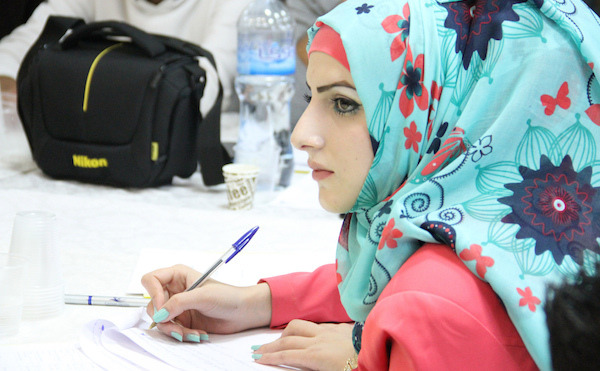 Just as this years Leaving Cert results arrived, the ESRI published a study that examined the post-Leaving Cert experiences of 750 young Irish people. One stark finding is that "almost half expressed regrets about the pathway they had taken. Their regrets reflected difficulties in accessing employment, not having the ‘points’ to obtain their preferred course, and courses not being what they expected."
Just as this years Leaving Cert results arrived, the ESRI published a study that examined the post-Leaving Cert experiences of 750 young Irish people. One stark finding is that "almost half expressed regrets about the pathway they had taken. Their regrets reflected difficulties in accessing employment, not having the ‘points’ to obtain their preferred course, and courses not being what they expected."
This backs up the opinions that many young people express to me. "'T’was a waste of four years", said the young receptionist at my vets office about her business degree. I countered with the usual "Ah, but it will stand to you in years to come and didn’t you have a fun four years in college?" She wasn't impressed.



 It’s not always immediately obvious why young people should care about effective development co-operation. Even for those in development circles, it has been the inclusive and broad-based process of shaping the next
It’s not always immediately obvious why young people should care about effective development co-operation. Even for those in development circles, it has been the inclusive and broad-based process of shaping the next